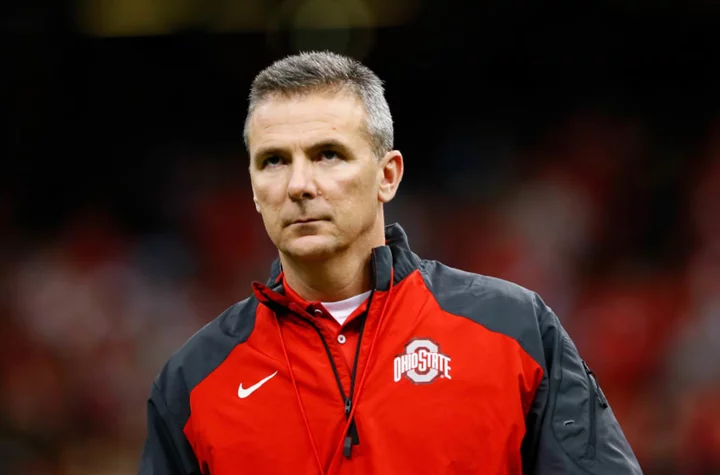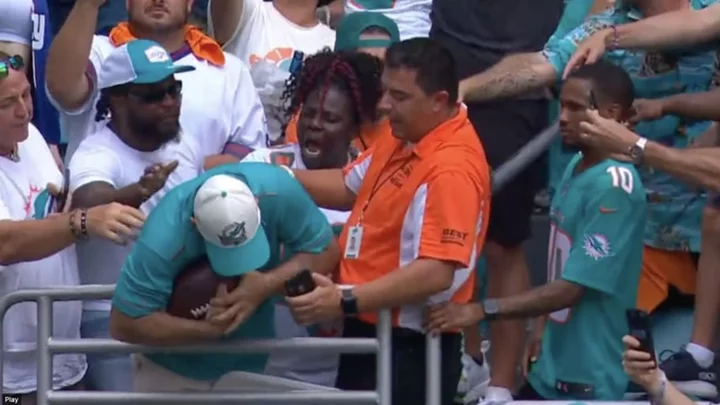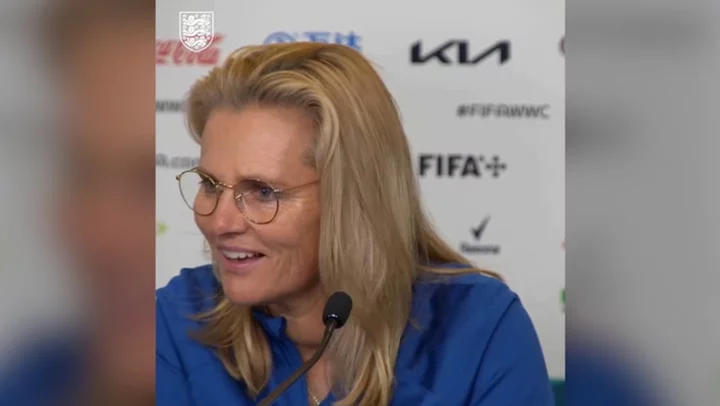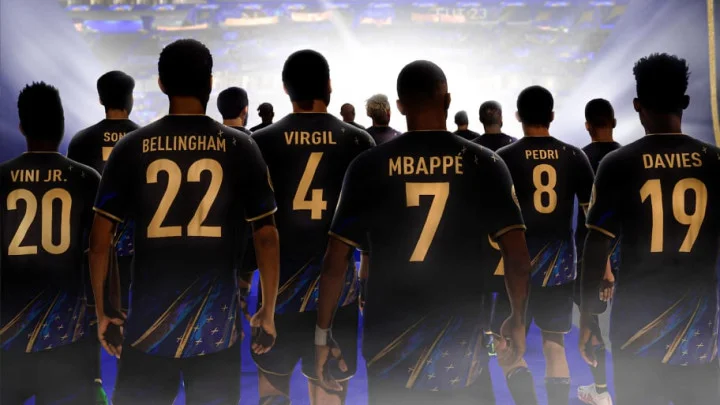Appearing on On3Sports, Urban Meyer was critical of Georgia and Michigan's non-conference schedules. Like most blue bloods, Michigan has often scheduled tune-up opponents like Bowling Green and UNLV for their non-conference schedule (which is the only part of the schedule they control).
As with other top college football teams, Michigan will sometimes schedule a game against a top opponent. Next season, the Wolverines will be playing against the Texas Longhorns at home (with them returning the favor in 2027). This is done to make a sales profit off the away crowd that these schools bring with them. They are also playing a home and away series against Oklahoma in 2025/2026 to do the same thing.
Georgia is in a very similar situation where they schedule one non-conference game against a true blue blood and play a bunch of other tune-up opponents for rest of that part of the schedule. The one difference is the fact that the SEC schools always host one game against FCS school and those games often take place around the same week.
Does Ohio State schedule their games any differently than Michigan or Georgia do?
To be fair, Ohio State is doing the same thing, where they are playing Notre Dame away this season after hosting them last season. Ohio State's two other games will be against tune-up opponents. If you look at their upcoming matchups for the future, you can see this trend continue. If you look at who the Buckeyes have scheduled for 2030, it is only the Georgia Bulldogs. This is because they will most likely find two other tune-up opponents for their two games.
As a whole, whether having blue bloods schedule weak schools on purpose is good thing or not is a complex question. For one, smaller schools are often given a lot of money to play the Michigan's, Georgia's and Ohio State's of the world. This help these lower-level schools fund a huge chunk of their athletic programs. It is also a great experience for these student athletes to be extremely rewarded from their hard work by playing in one of the best stadiums in the world.
The main disadvantage is that games are not entertaining at all. Often these games are graded on how long it takes the Blue Blood to blow out the other team. If It takes more than a quarter for them to do it, it might be considered a disappointment by fans and media alike. Whether good or bad, this is something that all blue blood programs do.









